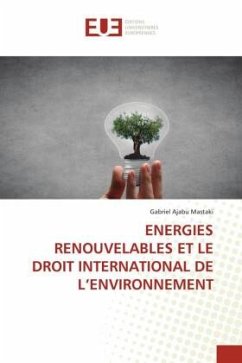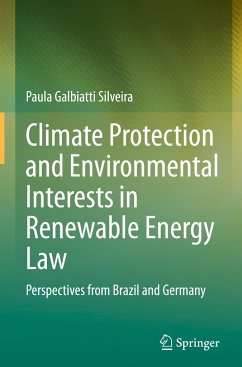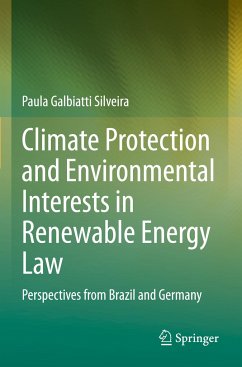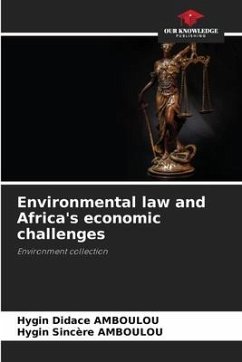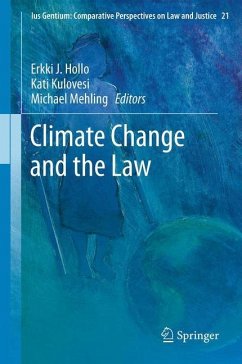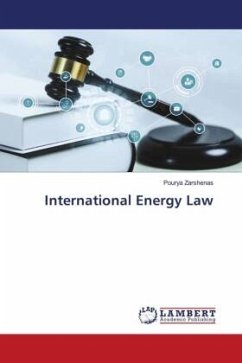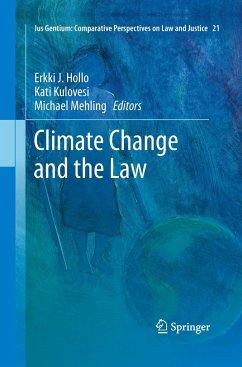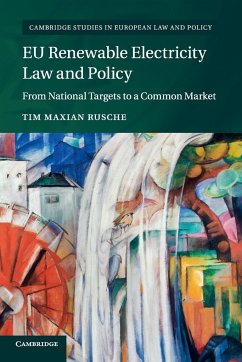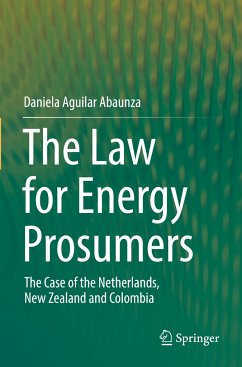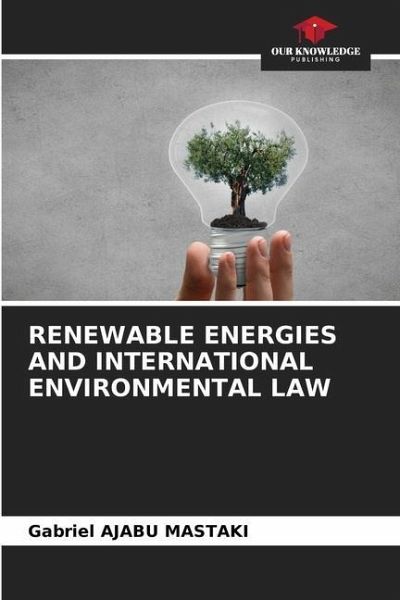
RENEWABLE ENERGIES AND INTERNATIONAL ENVIRONMENTAL LAW
Versandkostenfrei!
Versandfertig in 6-10 Tagen
29,99 €
inkl. MwSt.

PAYBACK Punkte
15 °P sammeln!
The United Nations Framework Convention on Climate Change (UNFCCC) aims to stabilize greenhouse gas concentrations in the atmosphere at a level that would prevent dangerous anthropogenic interference with the climate system. This stabilization requires a significant increase in the use of renewable energy technologies. In fact, the widespread application of these technologies is the best way to significantly reduce global greenhouse gas emissions over the next century while meeting some of the growing demand for commercial energy. As sustainable energies are inexhaustible and produce little wa...
The United Nations Framework Convention on Climate Change (UNFCCC) aims to stabilize greenhouse gas concentrations in the atmosphere at a level that would prevent dangerous anthropogenic interference with the climate system. This stabilization requires a significant increase in the use of renewable energy technologies. In fact, the widespread application of these technologies is the best way to significantly reduce global greenhouse gas emissions over the next century while meeting some of the growing demand for commercial energy. As sustainable energies are inexhaustible and produce little waste, their use seems to be preferable for the sole purpose of fighting against ecological nuisances and environmental degradation. This being said, these energies require legal protection for the protection of the environment. Renewable energies can also be the basis and or source of a sustainable development by contributing to the reduction of greenhouse gases and are seen as a solution to the ecological and social global crisis.



